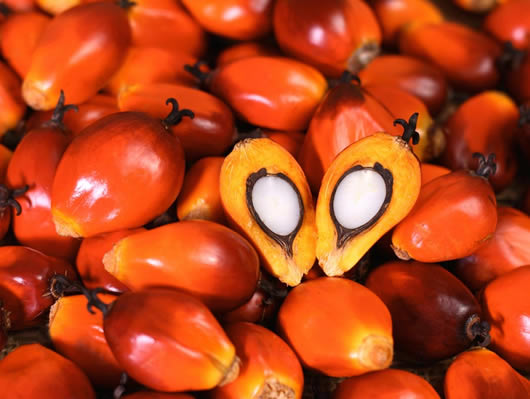 A set of guidelines to control the production of palm oil in some West Africa countries has been developed by participants at a workshop in Accra.
A set of guidelines to control the production of palm oil in some West Africa countries has been developed by participants at a workshop in Accra.
The principles cover the policy and legal framework for governing oil palm development, sustainable environmental management and socio-economic concerns, stakeholder involvement and rural livelihoods and the rights of smallholders and outgrowers along the oil palm value chain.
The rest would look at issues related to research and extension services, implementation of best management practices, labour rights and obligations and financing and long-term funding.
The workshop, held in Accra, was part of the Tropical Forest Alliance (TFA) 2020 Africa Palm Oil initiative, which is developing a set of high level regional principles to guide palm oil development across the region.
Proforest, which is leading the Initiative on behalf of TFA 2020, organised the Ghana National Workshop on Sustainable Palm Oil Development in collaboration with the Government through the Ministry of Food and Agriculture.
It brought together senior representatives of the government, traditional leaders, major palm oil producing and consumer goods companies, and civil society organisations.
Proforest’s Africa Director, Abraham Baffoe, welcomed the outcome of the workshop saying: “We are thrilled that participants have agreed on these draft Principles for Responsible Palm Oil Production in Ghana. They will guide the development of the sector and will help our producers to meet growing international demand for sustainably produced palm oil,” he said.
The workshop brought together TFA 2020 is a public–private partnership bringing together companies, governments and civil society with a shared goal of reducing tropical deforestation across the globe.
Its focus is on agricultural commodities like palm oil, soy, pulp and paper, and beef products, which drive more than 50 per cent of such deforestation.
Source: GNA























